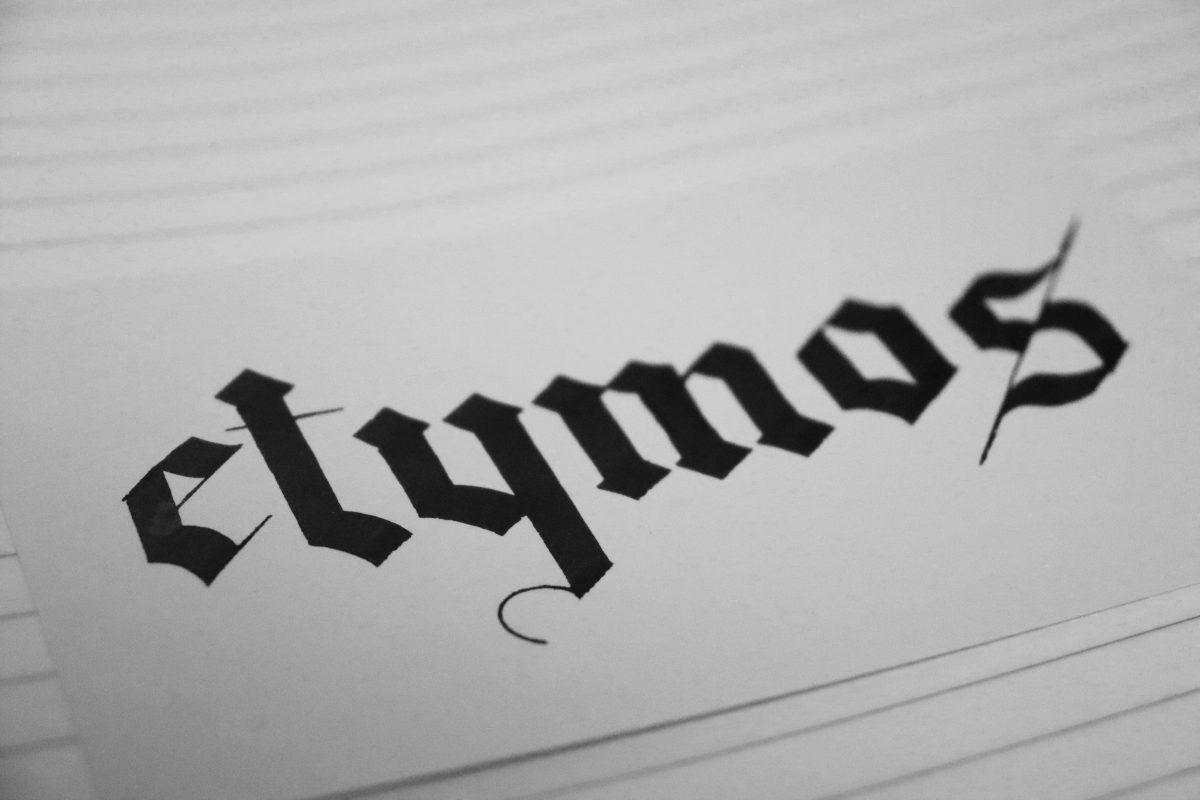‘Misanthropy’ is a hatred of humankind. ‘Misandry’ is a hatred of men; ‘misogyny’ is a hatred of women. Together they are part of a family of words that use the Greek element miso- / mis-, meaning ‘hatred’, as a prefix.
When I was looking up miso- on etymonline.com one day, I saw that there are other words that start with this element, such as ‘misocapnic’ – ‘hating smoke’ – and ‘misocynic’ – ‘hating dogs’ – and wondered if there are other miso- words that, through circumstance, hadn’t made it into Modern English (or at least, weren’t common in Modern English).
I found quite a few. Misologia – a hatred of argument or discourse – a very useful word for the modern day. Misodemia – a hatred of democracy – also very useful. Misagathia – a hatred of good – an extremely useful one both for describing some people in the real world and for describing some people in fantasy worlds.
So I’ve compiled this short list (which I may add to later) of words that start with miso- / mis-, that describe a kind of hatred, and which might be particularly useful, and so good to bring into Modern English. I myself will be using several of these quite a lot.
Words I found a dictionary entry for
| Greek | Romanised Greek / English Neologism | Meaning | Adjectival Form |
| μισαγαθία | misagathia | a hatred of good | misagathic |
| μισοδημία | misodemia | a hatred of democracy | misodemic |
| μισολογία | misologia | a hatred of argument | misologic |
| μισοπονηρία | misoponeria | a hatred of evil | misoponeric |
| μισαλληλία | misallelia | mutual hatred | misallelic |
| misosophia / misosophy | a hatred of wisdom (opposite of philosophy) | misosophic, misosophical |
Note that the English neologisms could be given spellings that follow the same evolutionary changes as words like ‘misanthropy’ – i.e., ‘misagathy’, ‘misodemy’. Personally I prefer the -ia ending.
Words that I have constructed based on my limited knowledge of Classical Greek
The words in the table below I did not find a direct dictionary entry for. I have constructed them from other words and entries. My knowledge of Classical Greek is very limited, and doubtless there is an expert out there who can tell me if these inferred words are correct (both in terms of their construction and their romanisation).
| Greek | Romanised Greek / English Neologism | Meaning | Adjectival Form |
| μισοκαπνία | misocapnia | a hatred of smoke | misocapnic |
| μισοκυνία | misocynia | a hatred of dogs | misocynic |
| μισαἴλουρία | misailuria | a hatred of cats | misailuric |
| μισαλήθεια | misaletheia / misalethia | a hatred of truth | misaletheic / misalethic |
